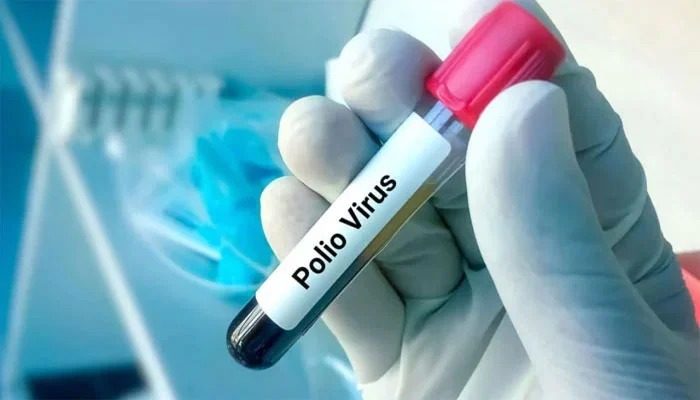
By Asghar Ali Mubarak
ISLAMABAD: Pakistan has confirmed its 48th polio case of the year, with the latest infection being detected in a young boy from Dera Ismail Khan, a district in Khyber Pakhtunkhwa. This case marks the third confirmed polio case from Dera Ismail Khan this year, raising serious concerns about the challenges of eradicating polio in certain regions of the country. While the government and health agencies have made significant strides in combating the virus, this latest case highlights the persistent barriers to achieving complete eradication, especially in areas with limited access to healthcare services and vaccine hesitancy.
The continuing spread of polio across Pakistan’s provinces further underscores the urgency of tackling the disease in specific high-risk areas. Balochistan, for instance, has reported the highest number of cases, with 23 confirmed so far this year. Sindh follows with 13 confirmed cases, while Khyber Pakhtunkhwa has reported 10. Punjab and Islamabad, the federal capital, have each reported one case. These statistics point to the uneven distribution of cases, with some provinces and districts being more affected than others, often due to a combination of factors such as difficult terrain, insecurity, and the resistance of local communities to polio vaccination campaigns.
The confirmation of the latest case in Dera Ismail Khan comes at a time when the National Emergency Operations Center (EOC) and other health authorities are intensifying efforts to eradicate the virus, but their progress continues to be hindered by multiple challenges. The fact that the same district has seen multiple cases this year is a concerning indicator of gaps in vaccination coverage and surveillance, as well as in the effective implementation of public health strategies.
Health officials are once again calling for renewed efforts to strengthen vaccination campaigns and enhance surveillance systems in the affected areas. They are particularly emphasizing the need for targeted interventions in regions where children remain unvaccinated, as well as increased community engagement to overcome vaccine hesitancy. Many areas still face challenges regarding the accessibility of vaccines due to logistical barriers, social barriers, and in some cases, misinformation about the safety and efficacy of the polio vaccine. Public health experts also point to the need for better coordination between local authorities, health workers, and international partners to ensure that every child is vaccinated, particularly in the most remote and vulnerable areas.



